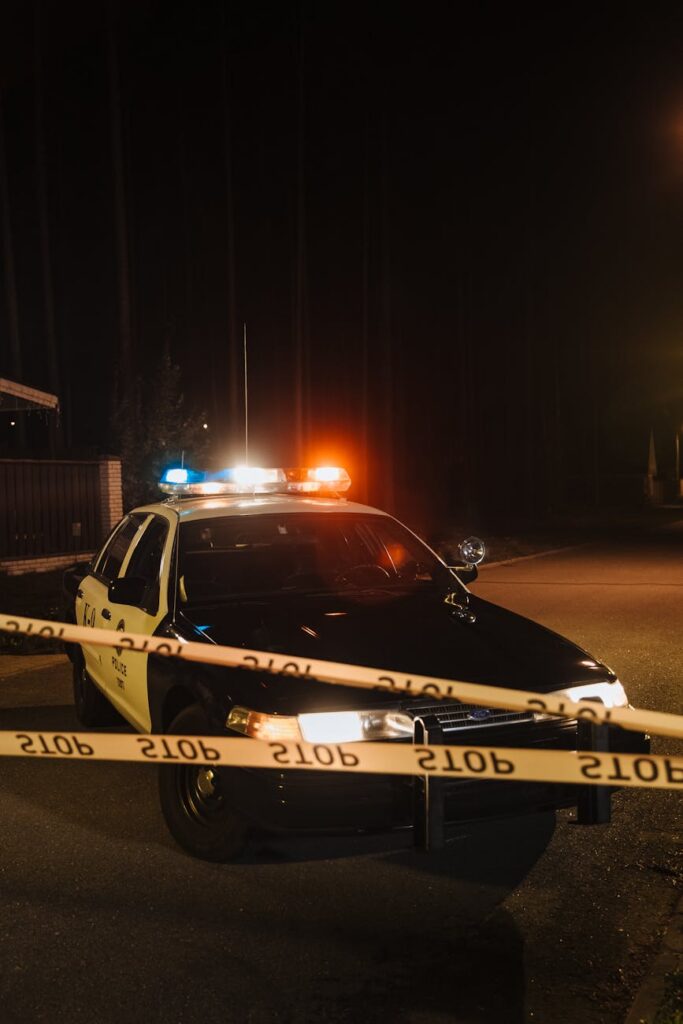Hate crimes emerge following Charlie Kirk assassination

Photo by cottonbro studio on Pexels.com
Following the assassination of controversial political commentator Charlie Kirk, there was national outrage, especially before it had come to light that Tyler Robinson, a 22-year-old white male, was the perpetrator of the murder. It sparked many conversations online on the justifications of the political violence that had taken place on September 10. A lot of people also commented, saying that when political violence occurs, it gives more reason to target marginalized communities, especially BIPOC (Black, Indigenous, People of Color).
Seven historically black colleges and universities, less than 24 hours after his assassination and before anything was confirmed about the killer, had to close their doors and lock down after violent threats. We didn’t have a motive, a confirmed shooter, or even public evidence regarding anything about the assassination. Time and time again, BIPOC communities are met with the brunt of racially motivated crime and scapegoated when a white man kills another white man.
Where was the public outrage when, earlier this year, on June 14, two Minnesota lawmakers, along with their dog, were shot and killed? According to the press release from the district of Minnesota attorneys office, “Vance Boelter, 57, has been indicted on six federal charges in connection with the stalking and murders of Minnesota House of Representatives Speaker Emerita Melissa Hortman and her husband Mark Hortman, the stalking and shooting of Minnesota State Sen. John Hoffman and his wife Yvette Hoffman, and the attempted shooting of their daughter Hope Hoffman.” The term that we would use to describe the lack of outrage in the murders of the Minnesota lawmakers is selective outrage. Selective outrage refers to expressing strong anger or outrage about one norm violation while failing to react similarly to a comparable, relevant norm violation, often due to biased motivations such as self-interest, hypocrisy, or favoritism toward certain victims.
Selective empathy is also not genuine empathy, how can we say we condemn political violence whilst also being complicit and seemingly OK with it happening to others. According to a report from the Mississippi Free Press and NBC, two black men were lynched on September 15 and ruled as suicides; however, further evidence suggests otherwise.
At Delta State University, Trey Reed was found hanging from a tree near the pickleball courts on campus. He was found battered and bruised, with both his arms and legs fractured. How can a man hang himself from a tree with his arms and legs broken to pieces? The other was the body of a 35-year-old Cory Zukatis, who was found hanging from a tree in a wooded area off Washington Street in Vicksburg, Mississippi.
There was barely any media attention given to these hate crimes. Trey Reed’s death was immediately ruled a suicide, and black folk were quick to criticize the lack of investigation. Football player and activist, Colin Kaepernick, paid for a second private autopsy report, and the results say as follows, according to the Chicago Crusader.
- The autopsy shows blunt force trauma to the back of Trey Reed’s head that was not reported by the first autopsy done by the county.
- Trey was partially found hanging by a belt that wasn’t even his, because it was three sizes too large, with no markings on his neck consistent with the hanging.
- A DSU official lied to his mother, initially telling her that he had died in his dorm. They also misrepresented what clothes he was wearing when he was found.
- The spot where he was discovered is well known for being one of the only areas on campus without cameras. – students would hang out there to drink and smoke
- Trey’s phone was not returned to his family as evidence yet; its GPS was shown to be moving around.
- A suspicious text, reading, “The buckle broke,” was sent from his phone, raising questions about whether it had been staged.
- Days before his death, Trey had reportedly gotten into an altercation with a group of white students after defending a black classmate who was attacked online for criticizing Charlie Kirk.
With racially motivated crime on the rise, many black students, professors, and other people of marginalized communities have expressed being fearful and anxious on campuses around the U.S. Some have even gone as far as USU to switch their lectures to online for their safety.




